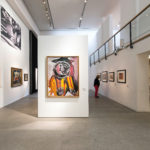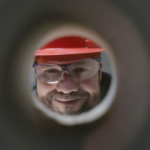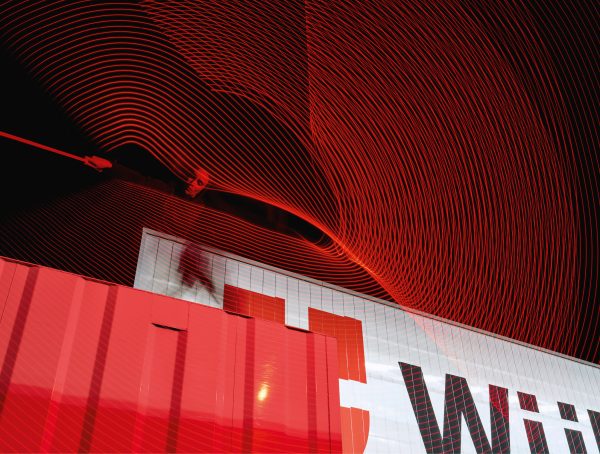Getting youth enthusiastic about handicraft, and underscoring the significance for the economy: those are the objectives of EuroSkills – one of the competitions supported by Würth. During this year’s “European championship for skilled professionals”, 28 countries fought for gold medals.
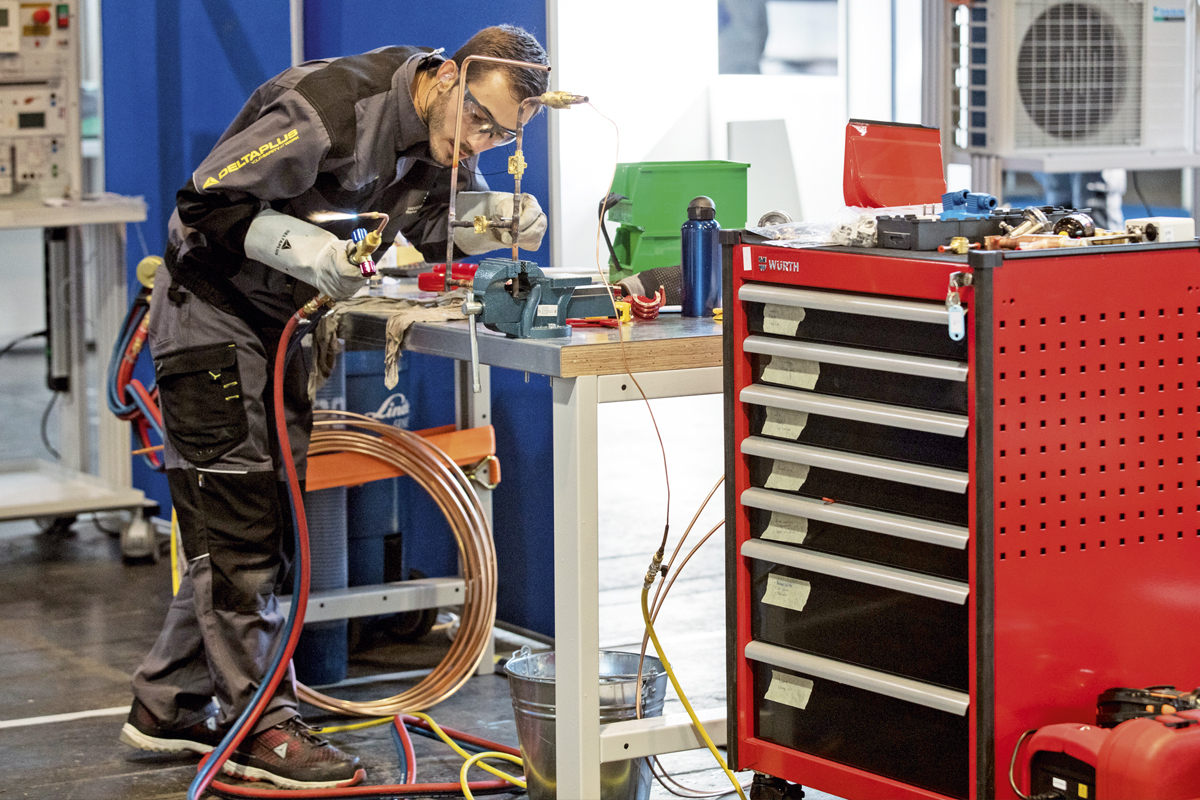
The competition tasks have been completed successfully.
The ambiance was as lively as at a large sporting event: Amidst a thunderous applause, the national teams ran into the HUNGEXPO Budapest Fair Center, waving their flags and cheered on by the fans who had traveled there just to see them. An opening reminiscent of the Olympic Games. After all, EuroSkills is about contending for a place on the winners’ podium and winning as many medallions as possible for the homeland. More than 500 professionals from 28 countries participated in this year’s European championship for skilled professionals in Hungary. An additional 15 guest contenders from India, Korea, Japan and the United Arab Emirates took part, too. Over the course of three days, the young professionals showed what they were made of in seven fields, including construction and building technology, services, transport, and logistics. The challenges focused on speed, skill and precision.
MORE THAN 500 PROFESSIONALS FROM 28 COUNTRIES
Paul Schärschmidt represented Germany in Budapest in the “plumbing and heating” category. During the three-day competition, he had to construct a pre-wall installation in the bathroom, including gas, water and sewage lines. “The challenge is to build with meticulous precision using skilled craftsmanship,” says the 23 year old. Schärschmidt was thrilled with his silver medal. A great performance, since the participants work under difficult conditions – from concealed defects in heavy machinery that have to be detected using limited aids, to working under tremendous time pressure. To top it all off, the assessment is rigorous: A deviation of just one millimeter can cost points and thus the victory.
35 DISCIPLINES
Russia was the front runner in the national ranking. The team won first place with nine gold, eight silver and two bronze medals, followed by Austria and France. With 17 awards, including three gold, three silver and two bronze, the German national team came in fourth. “The European championship EuroSkills plays a pivotal role as part of the strategy to win over young talent for the craft sector. Here, the best German craftspeople have the opportunity to prove in a fair contest that they belong among the best in Europe. The number of medals won is always an impressive testament to the fact that the training in the international craft sector meets the highest standards,” praises Hendrik Voß, Head of the Vocational Training Unit in the German Confederation of Skilled Crafts (ZDH).
AROUND 100,000 VISITORS
The aim of WorldSkills Germany is to promote young talent and connect skilled professionals with companies. WorldSkills Germany is part of an international network of organizations responsible for coordinating and advancing national and international professional competitions such as EuroSkills. Partners like Würth provide the association with a wide network in which trainers and young talents can come together. Würth not only outfits the German team at EuroSkills but also at various competitions within individual trades, such as carpenters, masons, HVAC technicians, or car mechanics. Würth Hungary was this year’s event sponsor, additionally celebrating its 30th anniversary.
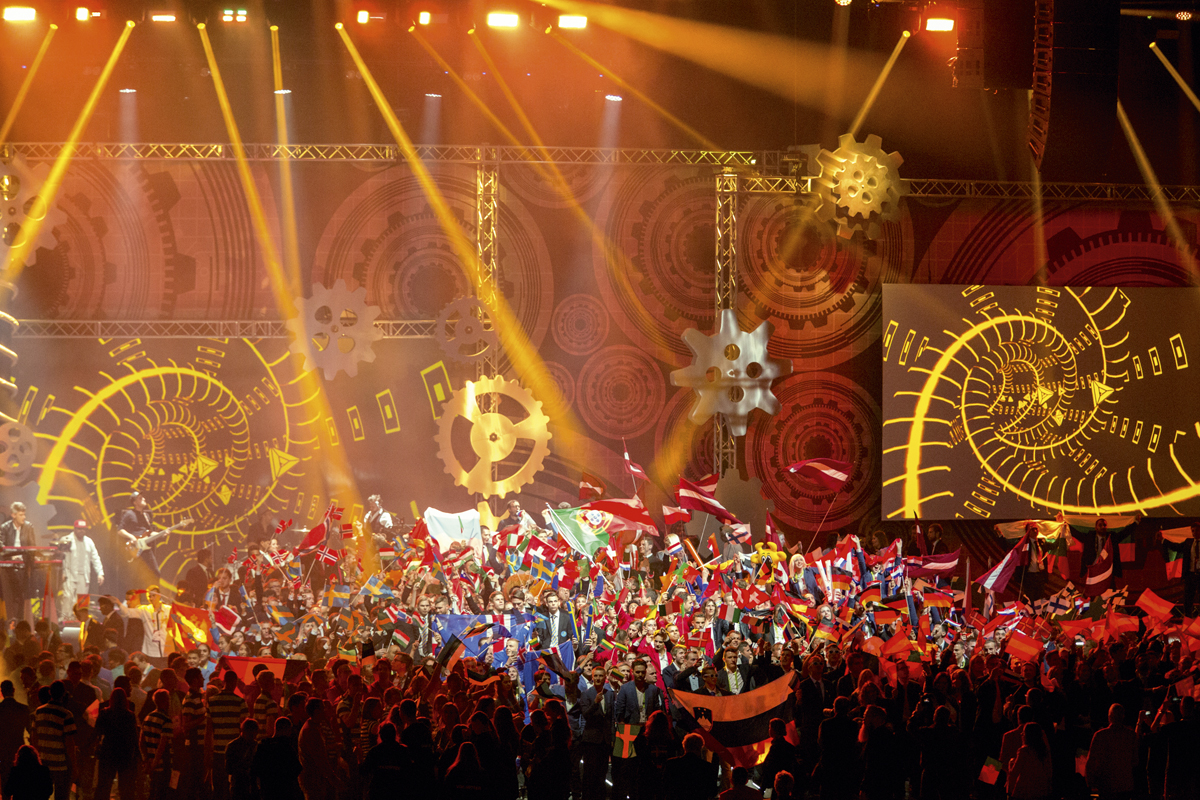
High spirits during the closing ceremony at EuroSkills.
The objective of EuroSkills is to foster appreciation for vocational education and training in Europe and to raise awareness for the importance of skilled professionals. The rating of the countries is intended to reflect the individual performance of the skilled professionals as well as the quality of the educational systems. Furthermore, a European benchmarking platform is to be developed for vocational education standards. The next EuroSkills competition will take place in 2020 in the Austrian city of Graz.
The competition in Hungary’s largest exhibition center attracted roughly 100,000 visitors. Despite their competitive spirit, the nations proved to be friendly during the award ceremony. After all, the Olympic motto applies here, too: The most important thing is not to win, but to take part.



